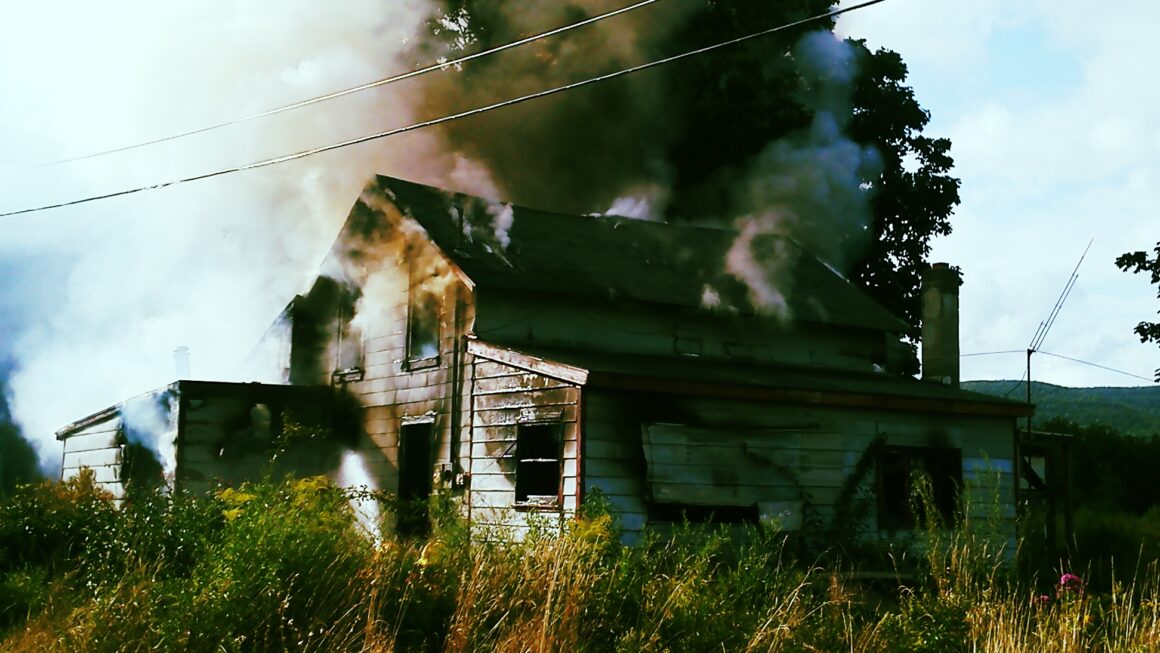I’ve long suffered with the fear of not being well-received as a writer. It’s the kind of dreaded existential terror that haunts a prolific writer’s nightmares. As I noticed my writing becoming denser and more convoluted, I worried I’d eventually reach a point where the only person who could decipher my prose would be me. Even when I strove for bluntness and conciseness, it often felt like an exercise in futility.
This paranoia first sprouted during my senior English class when we were assigned Joseph Conrad’s classic, “Heart of Darkness.” As our class slogged through the book, I observed how Conrad’s dense and verbose style repelled at least ninety percent of the class. Initially, I wasn’t particularly enamored with his writing, either. One especially brilliant classmate quipped that Conrad wrote as if he thought he was more clever than he actually was.
Conrad was undeniably proud of his command over the English language: it’s a fine gift, one I’d like to think I share. Yet, his stories may at first appear dull, laden with unnecessary detail that bogs down the narrative. Conrad’s penchant for dense prose implies multiple meanings, often leaving more casual readers feeling hopelessly lost. Yet, there’s a spark of brilliance in his work, an ability to evoke profound thoughts — simple for a sharp mind to grasp but overlooked by many.
Writing style is a double-edged sword, capable of either delighting or confounding readers. One’s willingness to understand plays a major role, too. Many great concepts are buried within seemingly dry, dull books. Writers attempt to convey something significant to the world, only to be misunderstood or ignored entirely.
What if I wrote something I believed to be brilliant, but everyone else thought it was rubbish? It’s a common fear among writers. Like Conrad, I, too, have a tendency to overstate things. I’m prone to overanalyzing, always seeking reasons for everything that happens. I crave broad definitions and often flaunt my grasp of the English language. But, it’s the only way I know to articulate the chaos in my head!
Conrad’s style, bewildering and long-winded even to me, was his chosen method of expression. Yes, many of his details seem extraneous. But it makes sense, as a highly creative mind often explores multiple avenues of thought simultaneously, hoping they will converge later. Sadly, becoming lost is often an inevitable outcome for the uncareful reader.
Over the years, I’ve learned that writing is an exercise in self-discovery. This doesn’t mean you should ignore your audience, of course. But your initial act of writing should be an act of self-exploration.
However, when it comes to writing about my own life, I find it excruciatingly dull. Recording my daily happenings often leaves me bored to tears. What significance do such trivial occurrences hold for the future? Why waste time on such mundane trivia? Shouldn’t I continue to delve into the absurdities and contradictions of life, instead? It seems a waste to record events in their simplest forms when there are so many more fascinating avenues of thought to explore.
Though I have many stories to tell, the “good ones” are few and far between. Writing about them feels unproductive. But I’ve learned that self-reflection is crucial to becoming a better writer. To write well, you must know yourself well. Drawing on personal experiences, even when you’re penning fiction, lends your writing a sense of permanence.
Self-discovery is a long, arduous process. Insights come to us in fragments over time. An experience may affect you deeply, yet explaining why can be quite elusive. Sometimes, you may find it necessary to recount every detail of your journey. It may take a thorough reflection of your past to realize what has significantly influenced you. Only then can you begin to understand the workings of your mind, body, and soul. For me, that’s something Joseph Conrad achieved masterfully in writing “Heart of Darkness,” a work that should be eternally appreciated.
So, here I am, grappling with the dense prose of my early drafts and existential dread, trying to find my way through my own heart of darkness. This writing journey may be fraught with frustration, but perhaps, like Conrad, I’ll stumble upon some brilliance along the way, or at least a decent punchline.
~ Amelia Desertsong



